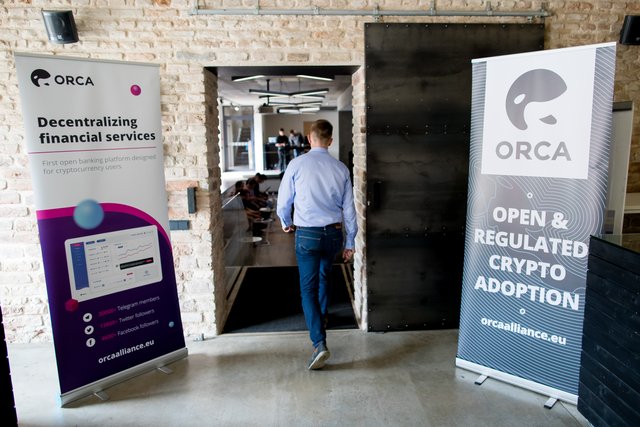Why Crypto is Not Massive yet?
While there is no doubt that massive disruption is taking place in the financial industry, the crypto industry is yet to see widespread adoption - apart from as a means to speculate. With numerous blockchain platforms now in operation, and thousands more being developed, what is holding end users back?
Estimating the number of people using cryptocurrencies is not easy. But we can be reasonably sure that the overall penetration is less than 0.5% of the global population. And even those that hold at least some crypto assets, are not actively using them in their day to day lives. Steem is probably the most widely used platform that is built on a blockchain. It has around 57,000 active daily users which is impressive when compared to almost every other blockchain platform, but still only represents a fraction of cryptocurrency users.
To see widespread adoption, we will need to see the number of people using cryptocurrencies grow, and we will need to see those using them doing so more often.
The early adopters have been those involved in the tech industry and active traders and investors. For both groups, getting involved in crypto wasn’t a big step. However, mass adoption, would mean people with no interest in the technology or investment potential of cryptocurrencies would be using them because they make their life easier by allowing them to transact cheaper and faster.

In ORCA white paper, we identified three primary hurdles to widespread adoption, namely; an uncertain regulatory environment, lack of knowledge amongst the wider population, and concerns about consumer safety. Right now, for most of the world’s population the benefit is not yet obvious and the uncertainty, lack of knowledge and perceived lack of safety are a big obstacle.
An excerpt from The Layman’s Guide to Bitcoin by Logan Brutsche, identifies four keys to mass adoption of Bitcoin. While the article is specifically about Bitcoin, the ideas are relevant to the entire crypto space.
The four keys identified are; support from a big player like Mcdonalds, WalMart or Amazon, adoption by unbanked individuals, collapse of the global economic system and the emergence of a “Killer App”.
Of these four keys, the first three are to a large degree beyond the control of teams building crypto platforms. Their only option is to attempt to build a killer application. If an application built on a blockchain was as addictive and viral as Facebook or YouTube, we would quickly see hundreds of millions of people using cryptocurrencies, or at the very least blockchain technology. With all the platforms being developed, it’s inevitable that something like this will eventually happen, though its impossible to say how soon.
But, there is another path toward a killer application. If an app like Orca platform can integrate cryptocurrencies with services people are already using daily, the benefit to users may be more obvious. If the app also made it really easy to begin incorporating cryptocurrencies into daily transactions, the move from fiat to a combination of fiat and crypto would be painless. And, by incorporating both fiat and crypto, it would not require a major commitment on the user’s part.
People use banking and other financial services more than any other services. While blockchain technology has applications across almost every industry, it would make sense for mass adoption to initially occur in the industry where the highest number of transactions occur.
In the financial services industry it’s well known that financial assets are very “sticky.” When a customer has accounts or investments with a particular financial institution, they are likely to stay there. Customers will often pay higher fees, or accept subpar service rather than face the hassle of moving accounts from one bank or institution to another.
But that’s all about to change. The new European Payment Directive mandates banks to open their APIs to third party providers. This means that customers can give fintech companies access to their account information and buy services from third party providers without going through the hassle of moving all their accounts.
Open banking is now a reality, and fintech companies are no longer facing the barriers to entry that have been holding them back. They are now in a position to offer immediate benefits to anyone with a bank account, by providing services that are easier to use, faster and cheaper. And this means crypto’s killer app is very likely to emerge from this sector.
Natan Avidan, CEO of ORCA Alliance
Twitter | Facebook | Instagram| Reddit | LinkedIn | Website | Github |

Good post
Posted using Partiko Android